Erica Ezeifedi, Associate Editor, is a transplant from Nashville, TN that has settled in the North East. In addition to being a writer, she has worked as a victim advocate and in public libraries, where she has focused on creating safe spaces for queer teens, mentorship, and providing test prep instruction free to students. Outside of work, much of her free time is spent looking for her next great read and planning her next snack.
Find her on Twitter at @Erica_Eze_.
Nikki Giovanni just passed away on December 9th from cancer at the age of 81. The Tennessee native became a part of the Black Arts Movement at the tender age of 25 and went on to become a Black literary icon. Kelly Jensen has an excellent summary of her life’s work here.
I have to admit that I have read woefully little of Giovanni — I didn’t even know she was from my home state (clearly, I’ve been slacking). Now that she has passed and I’ve learned just a little about her life — like how she has an Ecuadorian bat named after her (the Micronycteris giovanniae!) — I want to learn more. Not just because her life seemed amazing and singular, which it does, but because she is a vital piece of Black American literary history. By pouring into the Black Arts Movement, her poetry connected the Black Power Movement to the Civil Rights Movement, thereby continuing a tradition of Black expression and the fight for equality.
Below, I’ve gathered poetry collections that continue the tradition of exploring everything from queerness to oppression to everyday living that Giovanni carried on from her artistic forebears.
A Good Cry: What We Learn From Tears and Laughter by Nikki Giovanni
In this 2017 poetry/memoir hybrid, Giovanni recalls the life that went into her becoming such a literary and social justice icon, and even what came after. She remembers her parents’ tumultuous and violent marriage, how her grandparents saved her, her artistic influences, and even good times with her friend Maya Angelou.
The Tradition by Jericho Brown
In Brown’s award-winning third poetry collection, Greek mythology, Christianity, science, and art are offered up to show just how vulnerable the most vulnerable are. The history of Black bodies — especially those of queer, Black men — being both belittled and abused is explored through different scenarios, some personal and others historical. Brown even invented another poetry form in the duplex, which combines the blues, a sonnet, and a ghazal.
Whereas by Layli Long Soldier
Long Soldier looks at language and the dualities of her identity as a member of the Oglala Lakota Nation and citizen of the United States. She details the small and many violences that happen when a Lakota word gets translated — diminished, really — to English, but also how things resist this belittling.
Rangikura: Poems by Tayi Tibble
Tibble’s newest collection wrestles with colonization and exploitation, vulnerability, and loss. With a unique and fresh perspective, she looks at the damage done to her Māori community, just as she looks at pop culture, politics, and beauty.
The World Keeps Ending, and the World Goes On by Franny Choi
Here, Choi’s poems show how the end of the world has always felt just around the corner for people subjected to colonialism, police brutality, and all the other descendants of colonialism. These poems zoom out and cross through time, looking at everything from the Korean Comfort Women of WWII to pop music.
Song of My Softening by Omotara James
James’s poems explore the dynamic we have with the self and expand it to the dynamic between the world and Black queerness. The words here cut to the quick in terms of how they call out the ways we express ourselves and how society views bodies.
**Below is a list of new BIPOC books coming out this week for All Access members**
The comments section is moderated according to our community guidelines. Please check them out so we can maintain a safe and supportive community of readers!

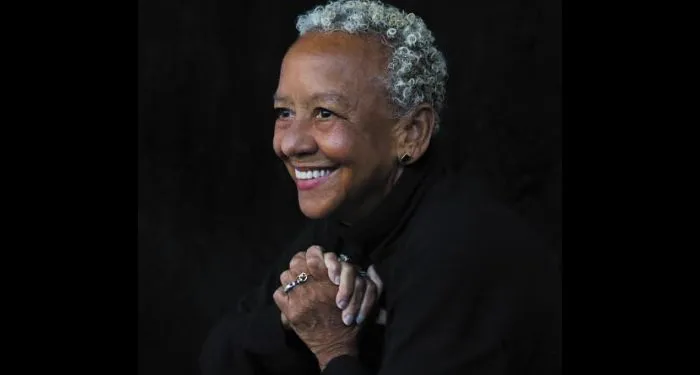
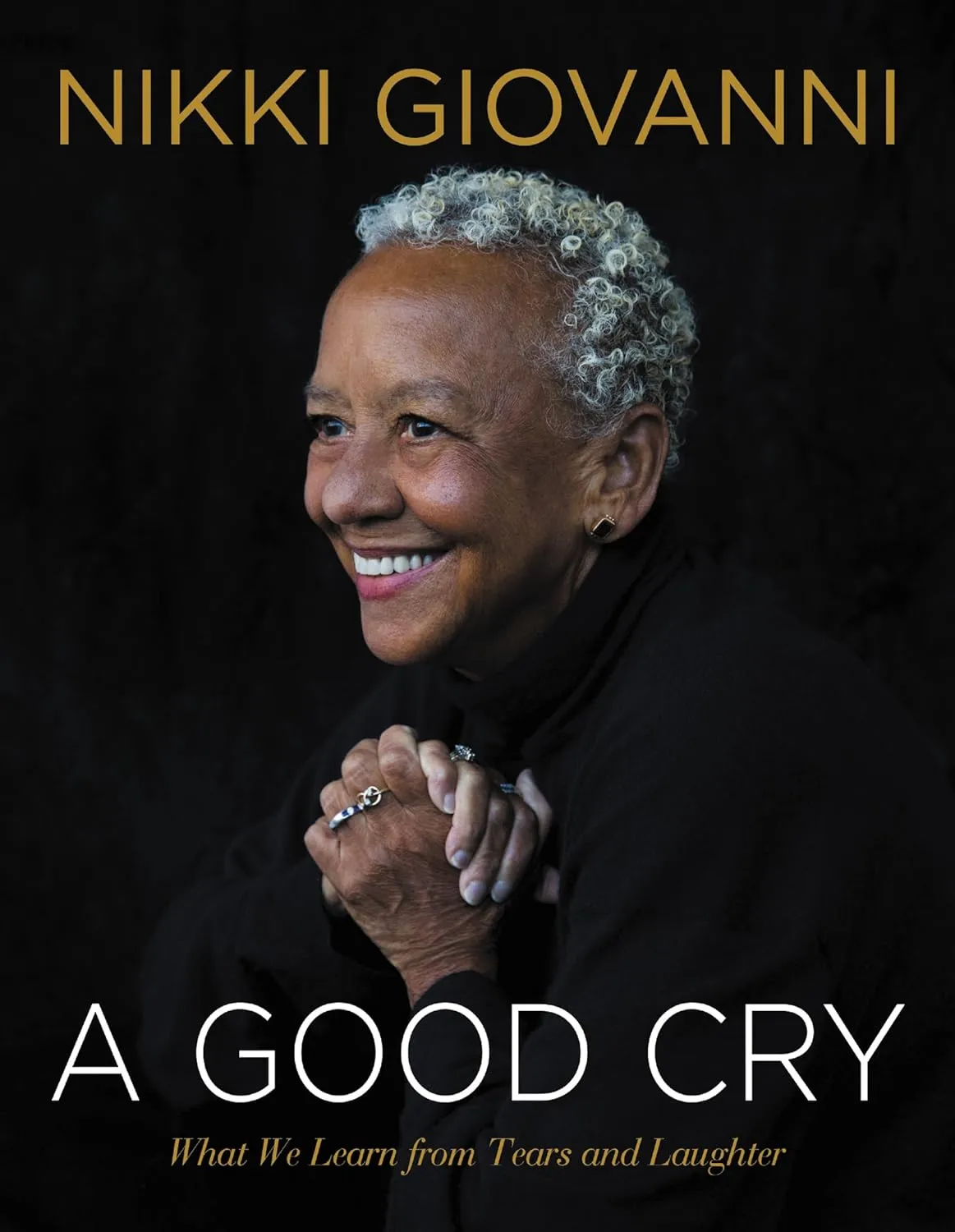
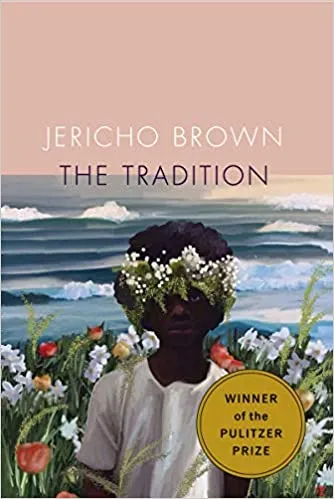
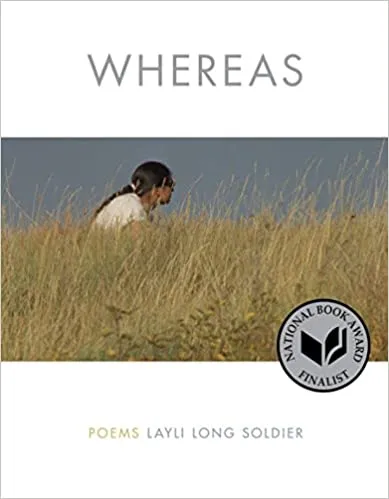
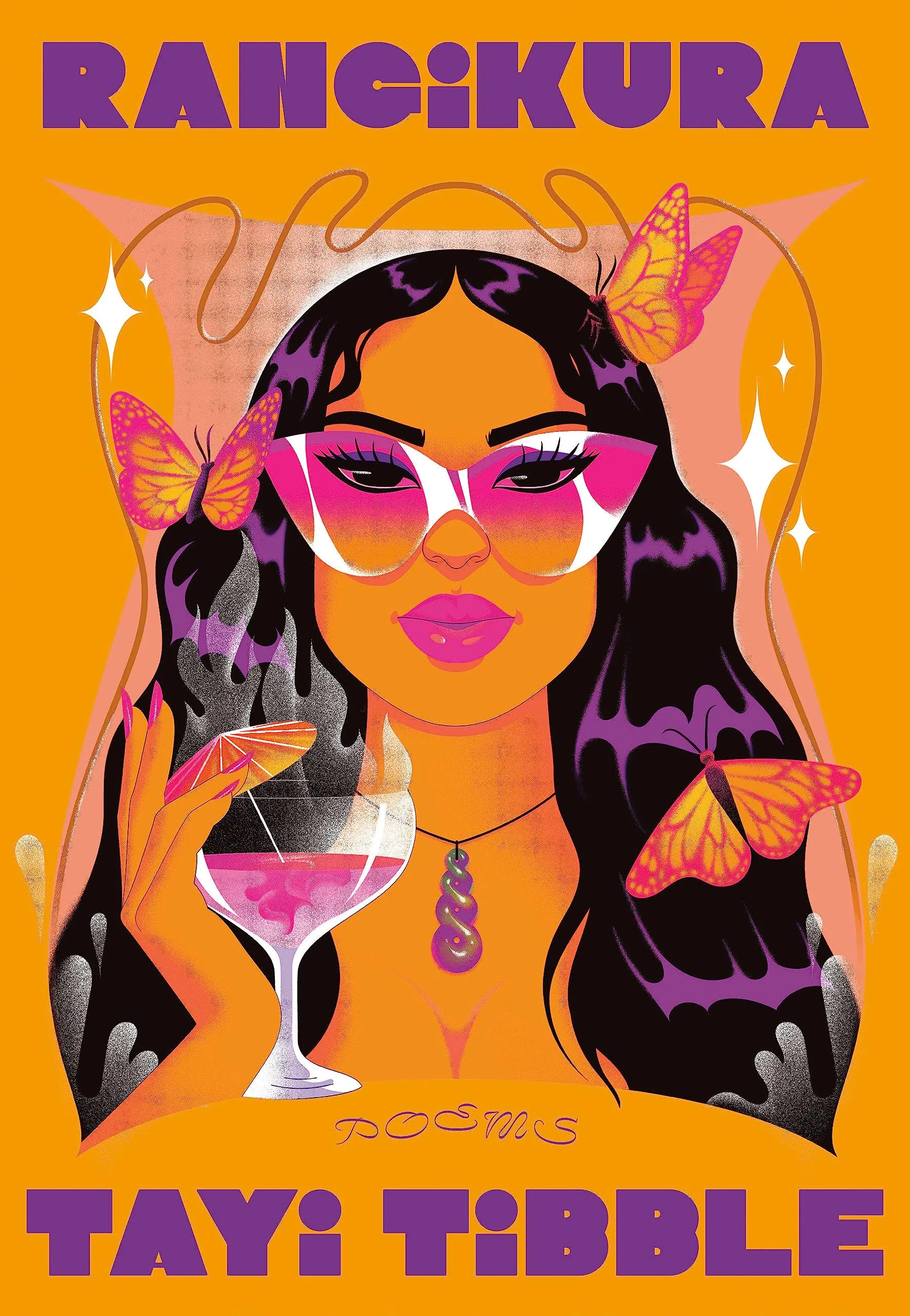
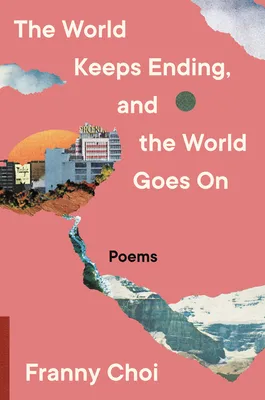
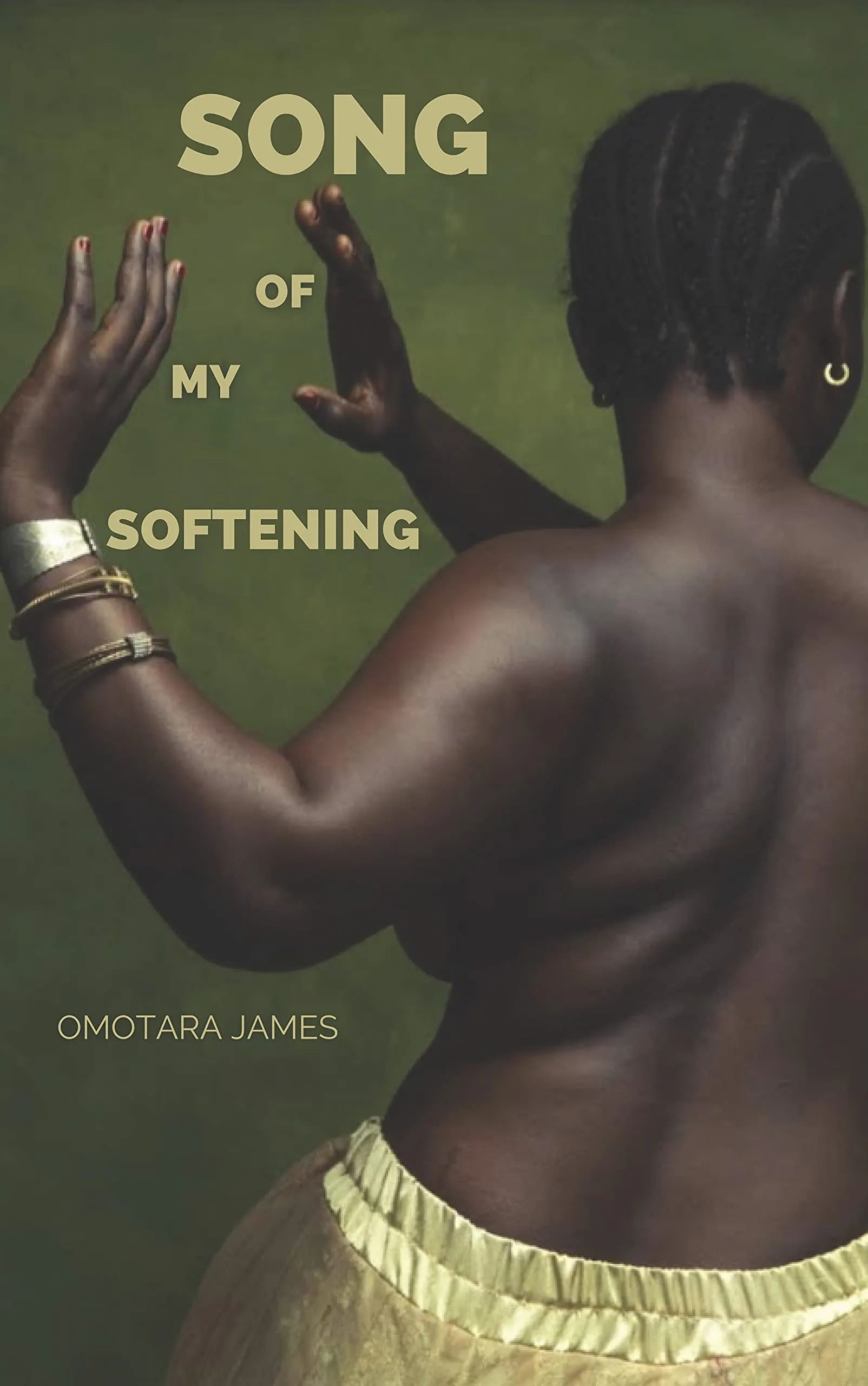
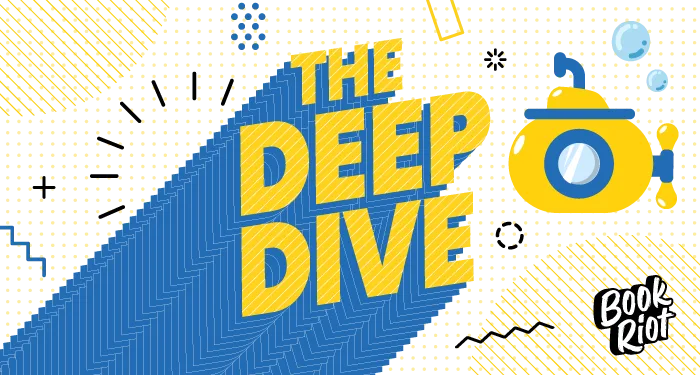
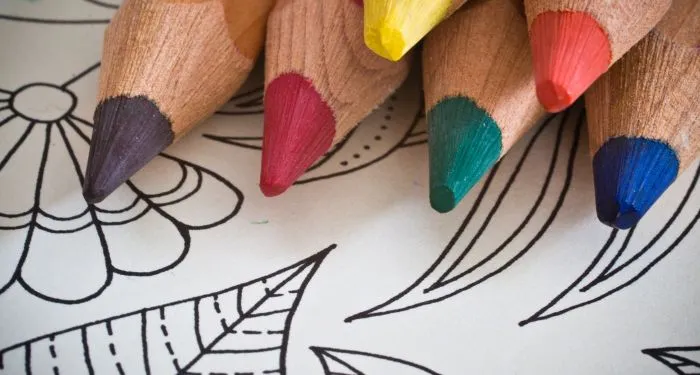

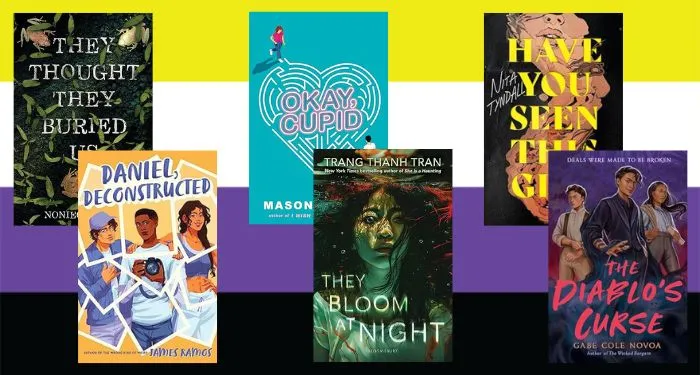








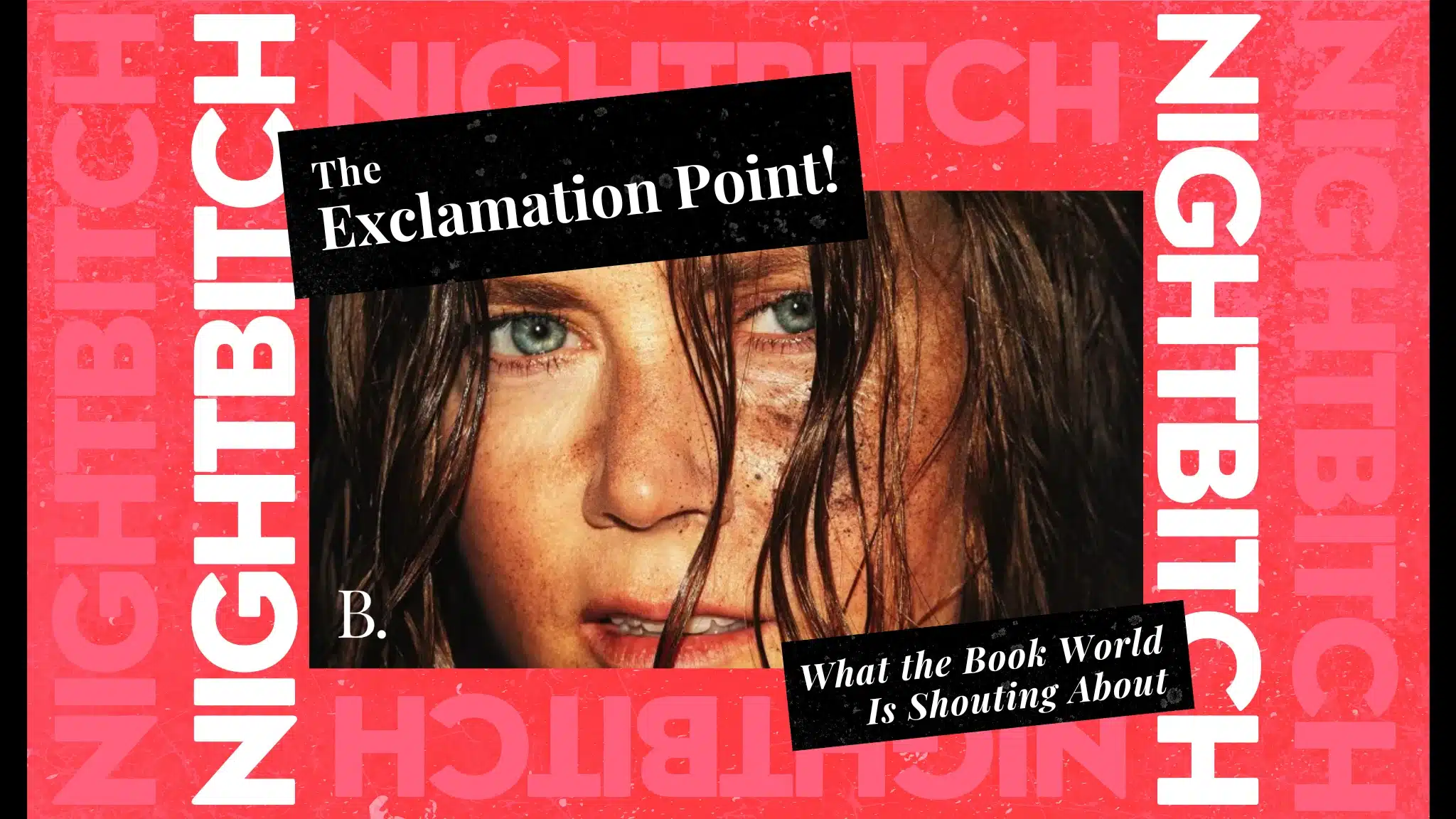


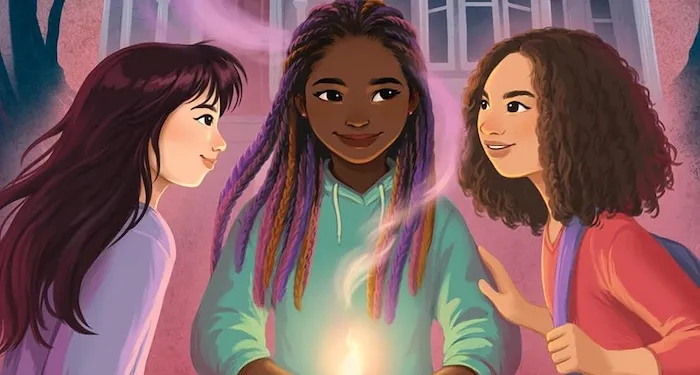
 English (US) ·
English (US) ·